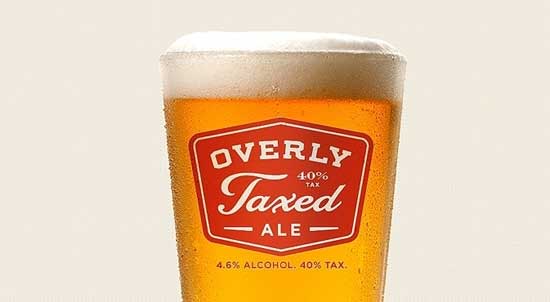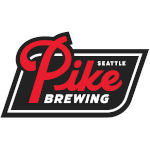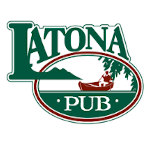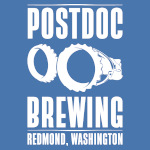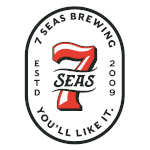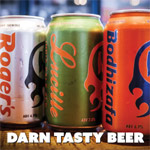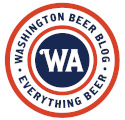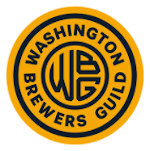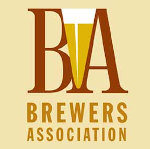The beer industry is getting ahead of the game, urging policymakers in Olympia to avoid increasing taxes on beer during the upcoming legislative session. There is no real indication that new taxes are on the horizon, but Washington is facing a $4.2 billion budget shortfall through 2023, largely due to the pandemic, and beer is often seen as an easy target for tax revenue.
According to Northwest News Network, representatives of the beer, grocery, and hospitality industries recently sent a letter to Governor Jay Inslee and legislative leaders urging policymakers not to increase beer taxes. The industry is not being paranoid. Consider what happened in 2010, when lawmakers targeted the beer industry in the wake of the Great Recession. And then again in 2013, when the industry had to rally to ensure the imposed taxes were allowed to expire as scheduled.
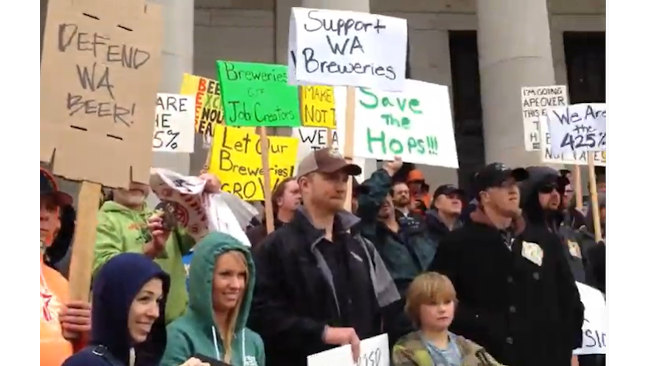
Among other things, the letter stated, “While we recognize the state is facing substantial budget challenges, we believe the harm caused by a beer tax increase would far outweigh the benefit for the state.”
The letter was signed by Annie McGrath of the Washington Brewers Guild, Tammie Hetrick of the Washington Food Industry Association, Scott Hazlegrove of the Washington Beer and Wine Distributors Association, Julia Gorton of the Washington Hospitality Association, and Rick Hicks, president of Teamsters 28.
The letter offered arguments for why the beer tax should not be increased, noting that it is “one of the most regressive taxes” in Washington and an increase in the tax would result in declining beer sales. The decline would lead to a reduction in the amount of sales tax collected on beer sales as well as a reduction in the amount of excise tax collected if beer production falls. Furthermore, it would likely lead to job losses in the brewing, beer distribution, and hospitality industries, which have already been hard hit by the pandemic.
The letter also pointed out that Washington already has one of the highest beer taxes in the Western United States. Washington’s beer tax ranks 25th nationally, according to the Tax Foundation. By contrast, Oregon ranks 45th. Washington’s beer excise tax is basically a production tax paid by a brewery based on the amount of beer it produces. For smaller breweries that rate is $4.78 per barrel. For larger breweries that produce more than 60,000 barrels a year, the tax is $8.08 per barrel.
In 2019, a report from the Beer Institute and the National Beer Wholesalers Association revealed that beer contributes 28,000 jobs and over $1 billion in wages to Washington’s economy. Another study, conducted on behalf of the Washington Beer Commission, revealed that the brewing industry in Washington contributed $1.4 billion to the state’s economy in 2017.
As I said, there has been no formal discussion about an increased beer tax, but the industry is acting preemptively.
“It hasn’t even surfaced,” said Sen. Reuven Carlyle of Seattle. “I was part of the package 10 years ago and it hasn’t been talked about since.”
Carlyle, who represents the 36th legislative district, was at the heart of the beer industry’s lobbying efforts in the past. His district includes Seattle’s Ballard, Magnolia, and Queen Anne neighborhoods and boasts an unparalleled density of breweries.
It’s not paranoia. Beer industry representatives say that they are hearing that everything is on the table as policymakers begin to look at options to balance the budget next year. They also noted the beer tax hike showed up quickly in 2010 and caught the industry by surprise. This year they want to get ahead of the issue, especially given the impact the current economic crisis is already having on the beer and brewing industry.
“This is the most difficult time the craft brewing industry has ever seen,” said Allen Rhoades of the Rockfish Grill and Anacortes Brewer in a statement. According to Rhoades, since the pandemic started his wholesale beer sales are down 60 percent, and retail sales are down 48 percent. He noted that a tax increase could put some craft breweries out of business.
“Hitting us with a tax increase when our revenues are a fraction of what they were last year will economically harm us at a time when we are already struggling,” Rhoades said.

